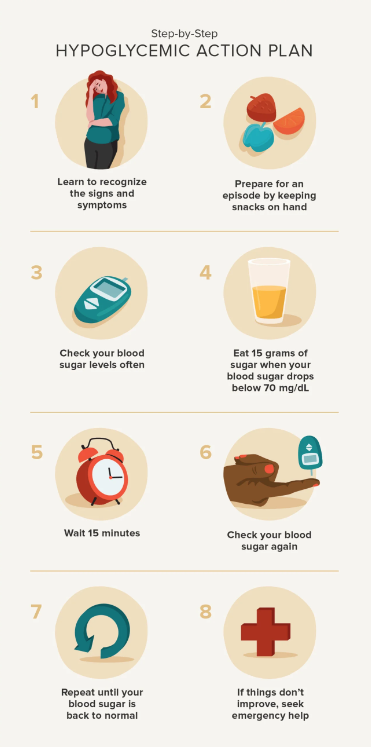What is Hypoglycemia?📉 | unswt
Hypoglycemia refers to blood sugar levels dropping below 70 mg/dL, which is important not only for diabetics but for everyone. Low blood sugar can impair body function and lead to serious health issues. If symptoms occur, consuming carbs quickly can help raise blood sugar.

Hypoglycemia, or low blood sugar, occurs when blood glucose levels fall below the normal range. According to the Korean Diabetes Association, hypoglycemia generally begins when blood sugar levels drop below 70 mg/dL. It’s important to understand that hypoglycemia is not just a concern for people with diabetes—anyone can experience low blood sugar. Without enough glucose, the body struggles to function properly, and in some cases, hypoglycemia can lead to severe health complications.
When Does Hypoglycemia Start?
Hypoglycemia typically starts when blood sugar levels fall below 70 mg/dL. At this level, your body and brain aren't receiving enough energy to function properly, which can result in various symptoms and even dangerous health situations.
Symptoms of Hypoglycemia
Signs of hypoglycemia can include:

- Shaking or trembling
- Sweating
- Anxiety
- Confusion
- Vision problems
- Severe cases may even lead to unconsciousness.
Symptoms vary from person to person and can worsen as blood sugar levels continue to drop.
How to Respond to Hypoglycemia
Responding quickly to hypoglycemia is essential to avoid further complications. Here are some steps to take if you experience symptoms of low blood sugar:

- Check Your Blood Sugar Immediately:
If you notice symptoms of hypoglycemia, test your blood sugar right away to confirm if it’s below 70 mg/dL. If a meter isn't available, proceed to the next step. - Consume Carbohydrates:
Quickly consume 15-20 grams of fast-acting carbohydrates, like fruit juice or a sugary drink. This helps raise your blood sugar levels quickly. - Rest:
After consuming carbohydrates, rest for about 15 minutes. If symptoms persist, repeat carbohydrate consumption or eat a simple, carb-based snack. - Consult Your Doctor:
If your blood sugar remains low despite taking action, contact your doctor immediately. - Eat a Light Meal:
Once the symptoms subside, consume a light meal to help stabilize your blood sugar. - In Case of Unconsciousness:
If someone experiences severe hypoglycemia and loses consciousness, do not attempt to give them food or drink. Instead, seek emergency medical help right away.
Conclusion
Hypoglycemia occurs when blood sugar levels fall below 70 mg/dL and requires quick and appropriate action. Maintaining a healthy diet and monitoring blood sugar regularly are key to preventing and managing hypoglycemia.
With unswt's AI glucose prediction model, you can track and analyze your blood sugar in real time. This helps you understand how your body responds to different foods, allowing you to make better dietary decisions, track the effects of exercise, and even understand the importance of sleep for maintaining stable blood sugar. By combining these tools, you can lead a healthier, more vibrant life.

🔗 References
🙋 Frequently Asked Questions (FAQ)
Q1: What is hypoglycemia?
A1: Hypoglycemia occurs when blood sugar levels drop too low to provide the necessary energy for the body to function, often leading to symptoms like trembling, sweating, anxiety, confusion, and fatigue.
Q2: When does hypoglycemia start?
A2: Hypoglycemia typically begins when blood sugar falls below 70 mg/dL, causing the body to signal various warning signs.
Q3: What happens if I get diabetes?
A3: Diabetes results in the body’s inability to regulate blood sugar, leading to consistently high glucose levels. Without proper management, it can lead to complications like heart disease, nerve damage, and kidney issues.
Q4: What is diabetes?
A4: Diabetes is a condition where blood sugar levels are abnormally high due to insufficient insulin or the body's inability to use insulin effectively. It comes in three main types: Type 1, Type 2, and gestational diabetes, each requiring careful management to prevent complications.




